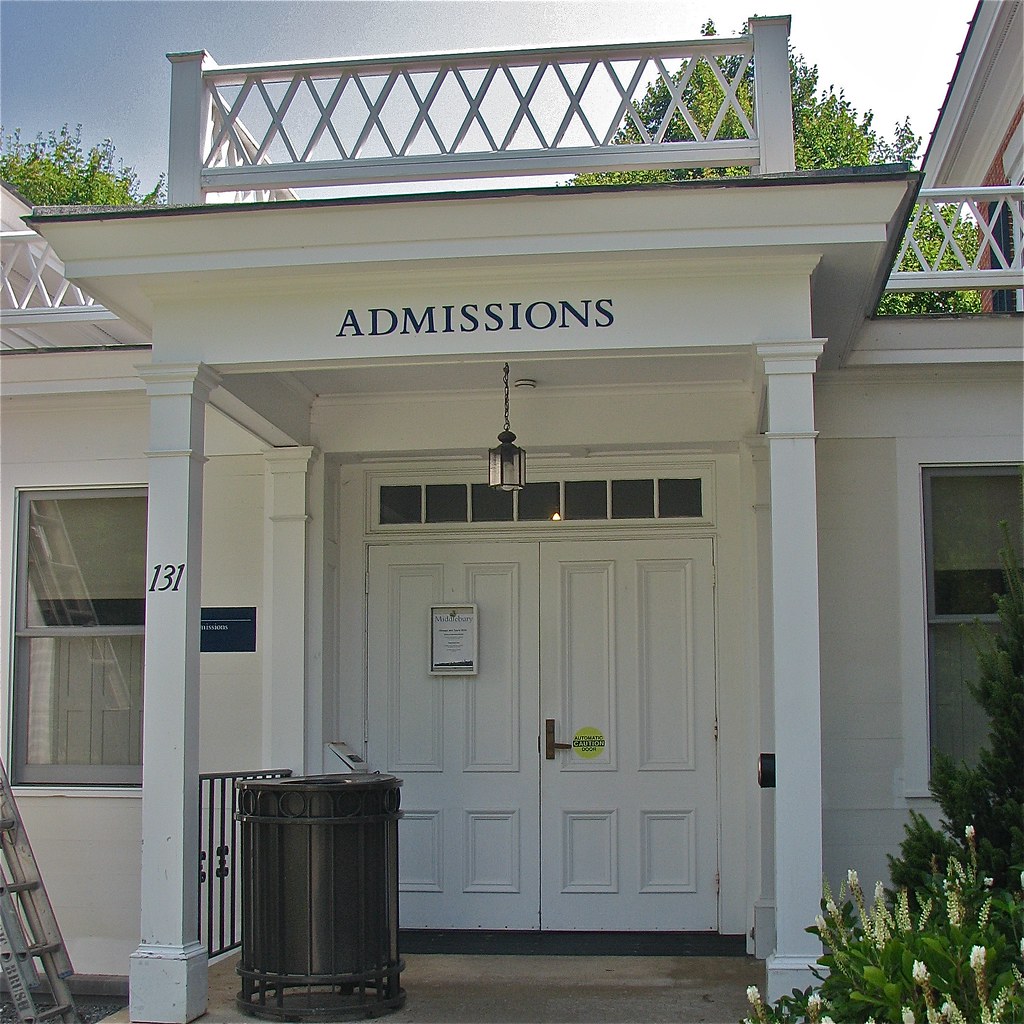I’m often asked by young Kazakhs how they can study abroad, and I don’t have an easy answer. It’s a long process and sometimes you have to apply again and again to get funding to study in America or Europe. I left Kazakhstan a month ago, and decided not to post this article—but then yesterday, someone Facebook messaged me to ask about studying abroad!

So, I will share what I know. Below are ideas on how to find and apply for scholarships to study in America or Europe. Since I often talk to people who have a bachelor’s degree in Kazakhstan, many of the programs are for master’s degrees. Here’s the process as I understand it:
1) Develop your English.
Do everything you can to develop your English while you are still in Kazakhstan – watch TV, pay for lessons, attend American Corner, and find local friends who will talk with you only in English. You should already write a good paper in English, read academic news or books regularly in English, and enjoy some reading, writing, and thinking in English (at least reading this post comfortably!)—before you try to get someone else to pay for you to study abroad.
2) Have an academic Interest.
Make sure you really do like academic work before applying for a world-ranked program. Especially if you go to grad school (masters or PhD) you will spend most of your time reading, writing, analyzing, and talking about scholarship. If you want to travel, then travel! If you want to work, there are English-speaking places (like Malaysia) to work in. If you want to study, that’s the time to go to graduate school. The most successful applicants have already had courses or work in the area they hope to study, or even taken one bachelor’s in Kazakhstan, then gone for a second bachelor’s or master’s abroad.
3) Take time to prepare.
It will take 3-6 months before the deadline, especially the first time you apply. You will probably need transcripts from school and university, with certified translations into English, letters of recommendation in English from supervisors or mentors, an IELTS or TOEFL score, some extended essays, and plenty of other documents. Allow as much time as you can—even up to a year—to gather these documents and revise them before sending them off.
4) Choose a program – or several.
Below is a list of the largest programs I know of which fund Kazakhstani students to study for 1-4 years abroad. These include:
America: The Muskie program gives one or two years of funding to study in an American graduate program. This is for students from select countries, including Kazakhstan. The U.S. Embassy to Kazakhstan lists other scholarships for international students on their website as well.
Worldwide: The Bolashak program is funded by the Kazakhstan government to send Kazakh-speaking citizens abroad for master’s and PhD at top universities around the world. You sign away your family’s house as a guarantee that you will return to Kazakhstan and work five years to pay off your debt. The program used to include bachelor’s degrees, but those are now available through competition to take one of 500 undergraduate positions each year at Nazarbayev University in Astana, Kazakhstan.
Europe: the Erasmus Mundus program operated until 2013 for students from developing countries (including the Central Asian republics of Kazakhstan, Kyrgyzstan, Tajikistan, Turkmenistan, and Uzbekistan) to study for a fully-funded master’s (or PhD) in Europe. This has just become the Erasmus+ program, which I am not as familiar with. See that link for updated information on the revised program.
The UK/Great Britain: the Chevening scholarships are highly competitive and promise to cover half-fees to Durham University, Bangor, and Cambridge next year. Each year, different universities in the UK participate; the scholarship is always in the UK, but not always at the same university.
Other: Many individual universities will offer funding to high-performing international students–find a university you like and ask what’s available. You can find recent lists of scholarships for Kazakhstani students at Scholarship Positions and more general scholarships for people from developing countries at Scholars4Dev. And EducationUSA is a good advising service from the US government that helps foreign students find universities in the US, without charging for-profit agent fees.
5) Apply – and reapply. Check the requirements and deadlines for your chosen scholarships and universities carefully, and note them on your calendar a year in advance. Find friends who are applying and work to improve each other’s applications, as it is a difficult process and good to have encouragement! Having a native English speaker check your application once you have done the work is also very helpful. (It’s nice to send thank-you notes or small gifts to people who have helped you or written recommendations, especially if you do succeed in getting a scholarship abroad!)
Finally, continue to develop your career at home while you’re waiting, as it can take several tries to secure a place abroad. And remember, there are plenty of ways to work or travel abroad besides going to a university, so consider exploring some of those options as well!
And… do you have any suggestions to share with others? Improvements on what I’ve said above? Please share in the comments!

Update: My friend Darya posts on facebook that there’s a Coursera course coming out on exactly this topic! “А вот, например, полезный курс про то, как международным студентам поступать на бакалавриат в США – поделитесь с теми, у кого есть дети или младшие сестренки/братишки соответствующего возраста.” https://www.coursera.org/course/usuniversities
Pingback: How to get an international librarian job – Paper Humans